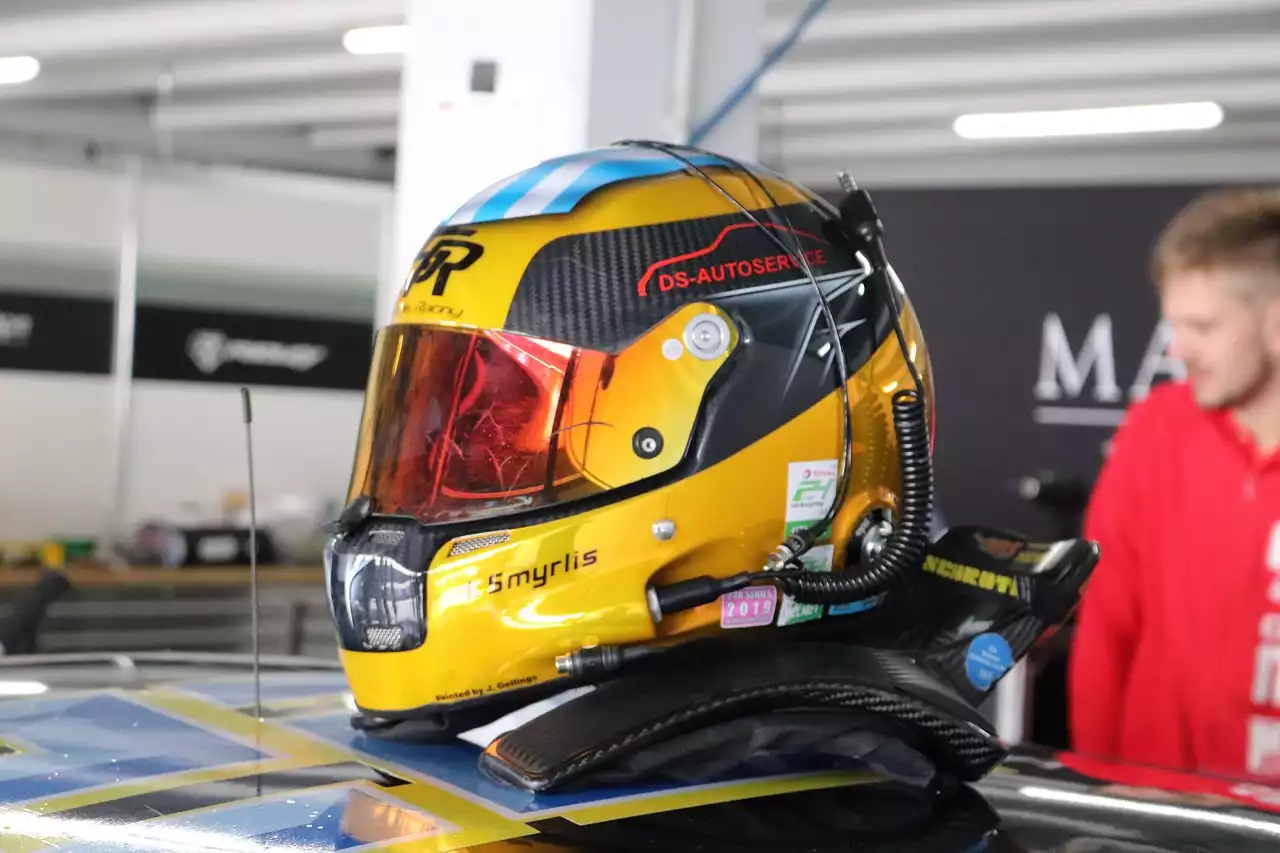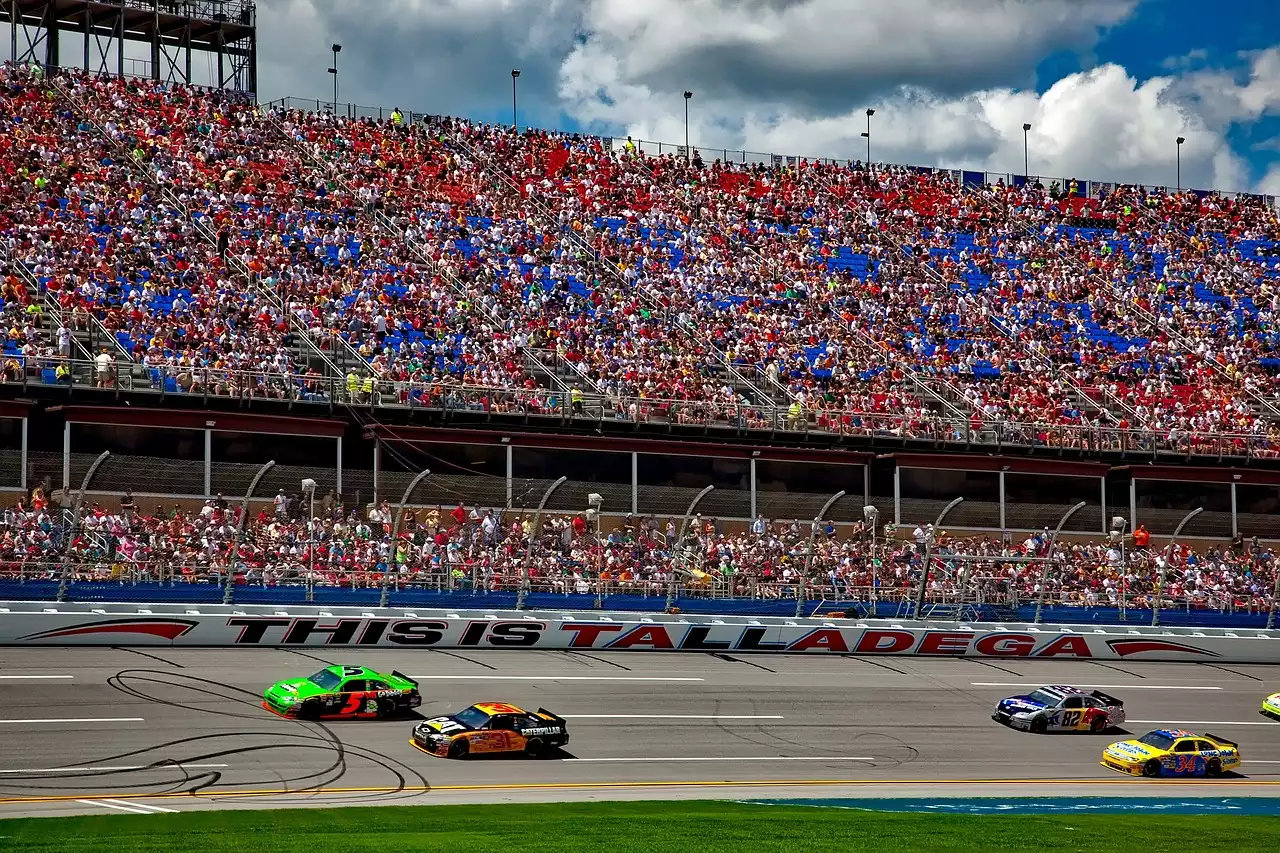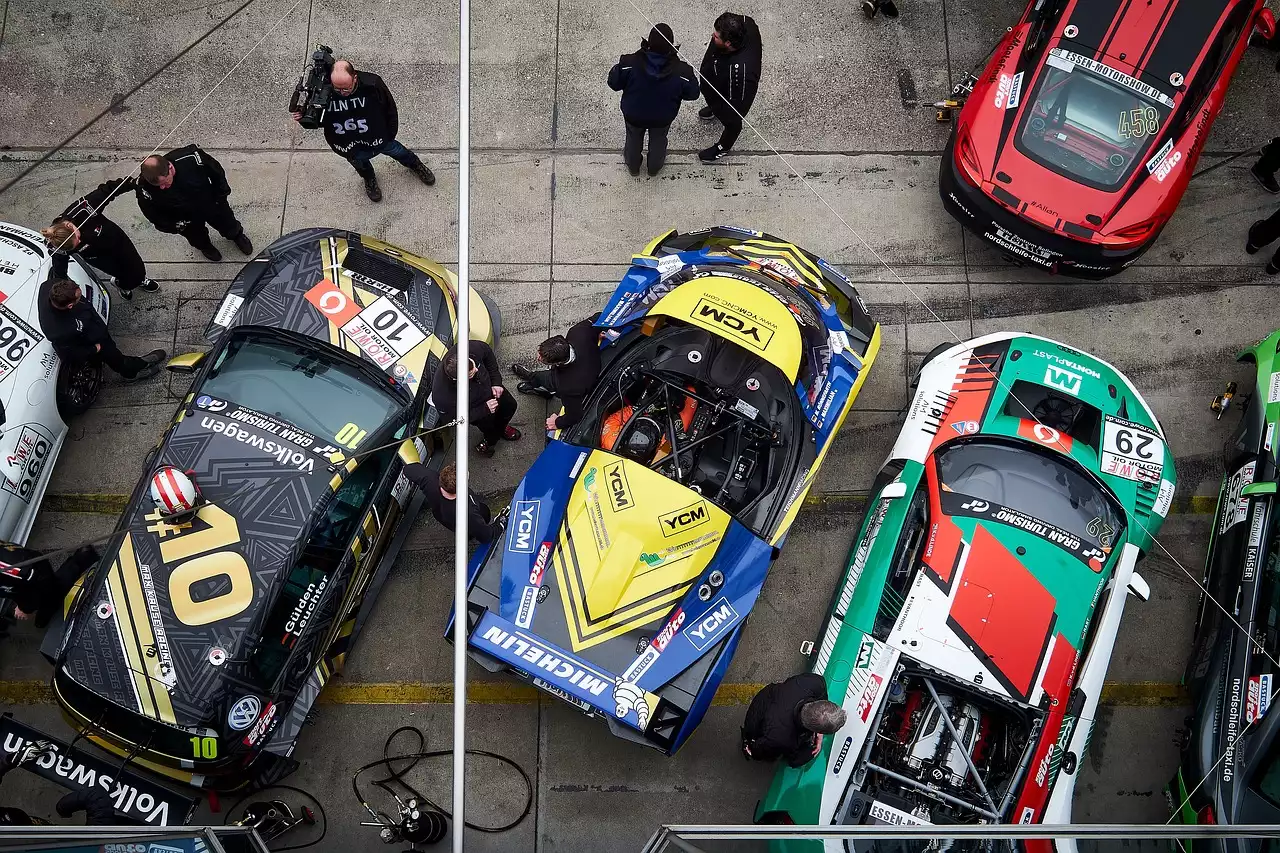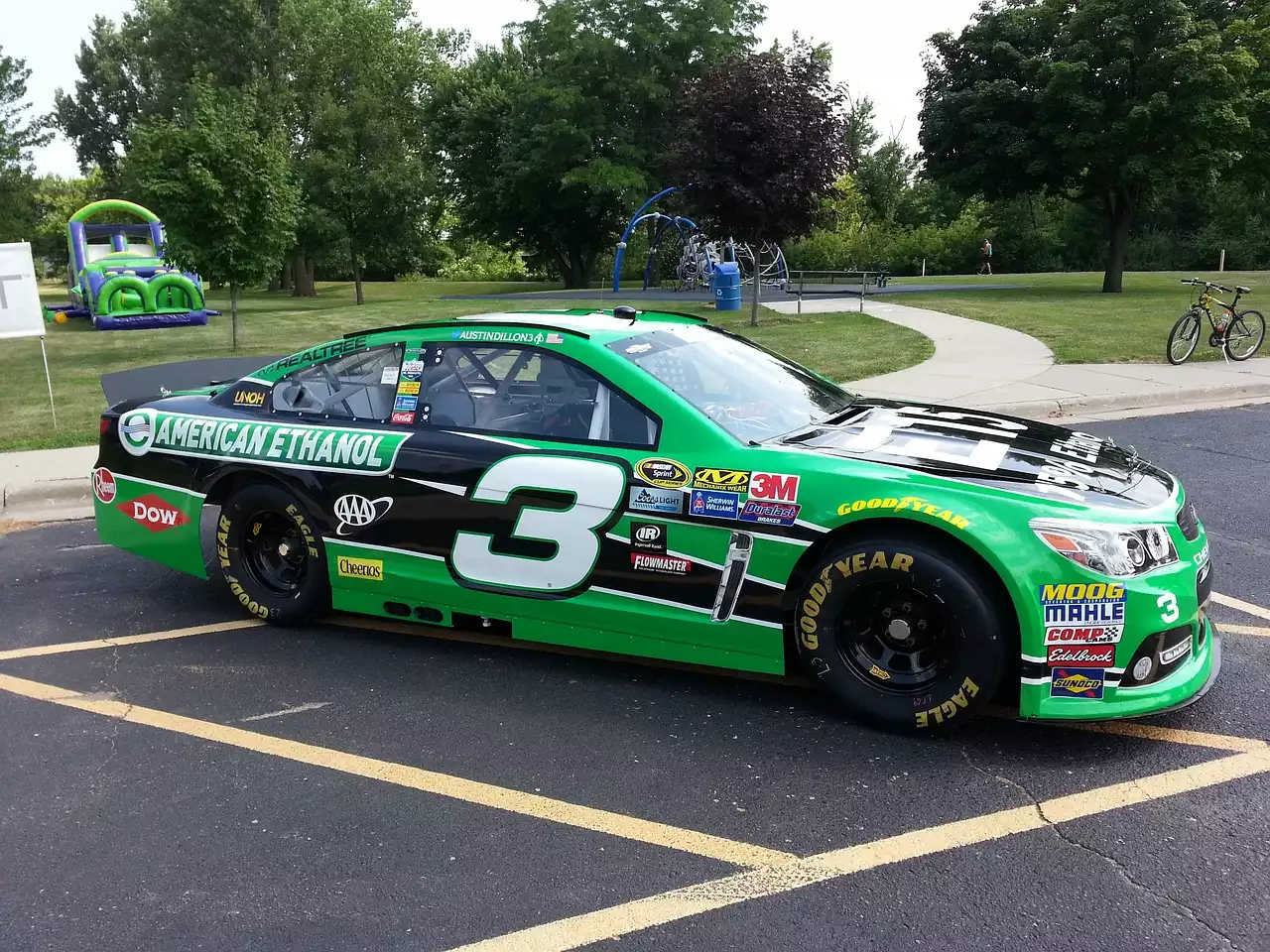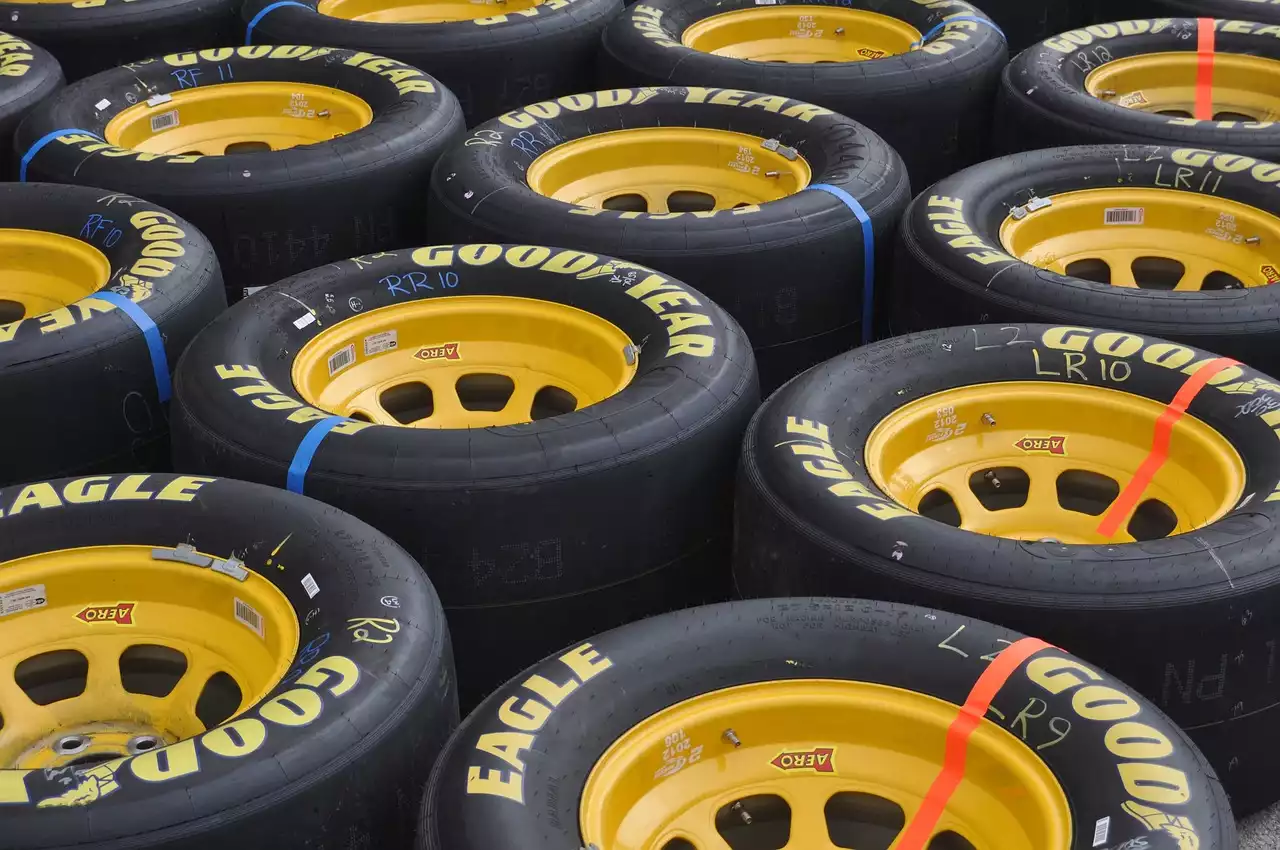The Early Years: How Richard Childress Started His Racing Career
Richard Childress was born in Winston-Salem, North Carolina, in 1945. He grew up in a family of farmers and mechanics, and he developed a love for racing at a young age. Childress started his racing career in 1969, driving in the NASCAR Grand National Division. However, his early years in the sport were marked by struggles, and he failed to make a significant impact on the circuit.In 1972, Childress decided to retire from racing and focus on running his own team. He formed Richard Childress Racing (RCR) and hired veteran driver Ricky Rudd to drive his car. The team's early years were characterized by financial difficulties and lackluster performances on the track. However, Childress was determined to succeed, and he continued to pour his heart and soul into the team.By the late 1970s, RCR had started to gain some traction, thanks in part to the emergence of Dale Earnhardt, who had joined the team in 1981. Earnhardt's arrival marked a turning point for RCR, as he quickly established himself as one of the most dominant drivers in NASCAR history.
The Rise of Dale Earnhardt and RCR's Dominance in the 80s and 90s
Dale Earnhardt's arrival at RCR marked the beginning of a new era for the team. Earnhardt was a fierce competitor, and he quickly established himself as the face of RCR. In his first season with the team, he won his first Cup Series race at Bristol Motor Speedway, and he went on to win his first Cup Series championship in 1980.Over the next decade, Earnhardt and RCR were virtually unstoppable. The duo won six Cup Series championships between 1986 and 1994, cementing their place in NASCAR history as one of the most dominant driver-team pairings of all time. During this period, RCR also won numerous races in the Xfinity and Truck series, further solidifying its status as one of the top teams in NASCAR.Earnhardt's success on the track was due in part to his close relationship with Richard Childress. The two were not only driver and team owner but also close friends, and their bond helped to create a culture of excellence at RCR. Earnhardt's tragic death in 2001 was a devastating blow to the team, but it also served as a catalyst for RCR to reinvent itself and continue its legacy of success.
Tragedy Strikes: The Death of Dale Earnhardt
On February 18, 2001, Dale Earnhardt was killed in a crash during the final lap of the Daytona 500. The news sent shockwaves through the NASCAR community and left RCR reeling. Earnhardt had been the face of the team for over a decade, and his loss was felt deeply by everyone at RCR.In the wake of Earnhardt's death, RCR faced a difficult decision. Should the team continue to race, or should it close its doors? Ultimately, Richard Childress decided to keep the team going, in part as a tribute to Earnhardt's legacy. The team struggled in the years following Earnhardt's death, but it continued to persevere and build for the future.
Rebuilding and Reclaiming the Championship: Kevin Harvick and RCR's Success in the 2000s
After Dale Earnhardt's death, RCR struggled to find its footing. The team went through a period of rebuilding, as it tried to regroup and move forward. However, it wasn't until Kevin Harvick joined the team in 2001 that RCR began to find success again.Harvick was a young driver with a bright future, and he quickly established himself as one of the top drivers in NASCAR. In 2003, he won his first Cup Series race at Chicagoland Speedway, and he went on to finish third in the championship standings. Over the next few years, Harvick and RCR continued to build momentum, and in 2007, they won their second Cup Series championship, with Harvick at the wheel.Since then, RCR has continued to be a top team in NASCAR, with numerous race wins and championship runs. The team's success can be attributed in part to its ability to adapt and evolve over the years, as well as its commitment to excellence and the legacy of Dale Earnhardt.
The Current State of Richard Childress Racing
Today, Richard Childress Racing is one of the most successful and enduring teams in NASCAR. The team has won over 200 races across the Cup, Xfinity, and Truck series, and it has produced some of the most iconic drivers in the sport's history. RCR continues to be a force to be reckoned with on the track, with a talented roster of drivers and a commitment to excellence that has been a hallmark of the team since its inception.
RCR's Contributions to NASCAR and the Racing Industry
Over the years, Richard Childress Racing has made numerous contributions to NASCAR and the racing industry as a whole. The team has been at the forefront of innovation, developing new technologies and techniques that have helped to push the sport forward. RCR has also been a major supporter of driver safety, and it has played a key role in the development of safety equipment and protocols that have helped to make NASCAR one of the safest motorsports in the world.
The Future of Richard Childress Racing
Looking ahead, the future of Richard Childress Racing is bright. The team continues to be a top contender in NASCAR, with a talented roster of drivers and a commitment to excellence that has been a hallmark of the team since its inception. RCR's legacy is secure, and its contributions to the sport will continue to be felt for years to come.
Notable Achievements and Awards of RCR
Over the years, Richard Childress Racing has won numerous awards and accolades, including:- 15 NASCAR championships across the Cup, Xfinity, and Truck series - Over 200 race wins across the Cup, Xfinity, and Truck series - Induction into the NASCAR Hall of Fame in 2017 - Numerous awards for driver safety and innovationIn addition to these achievements, RCR has also produced some of the most iconic drivers in NASCAR history, including Dale Earnhardt Sr., Kevin Harvick, and Jeff Burton. The team's legacy is secure, and its impact on the sport will continue to be felt for years to come.
